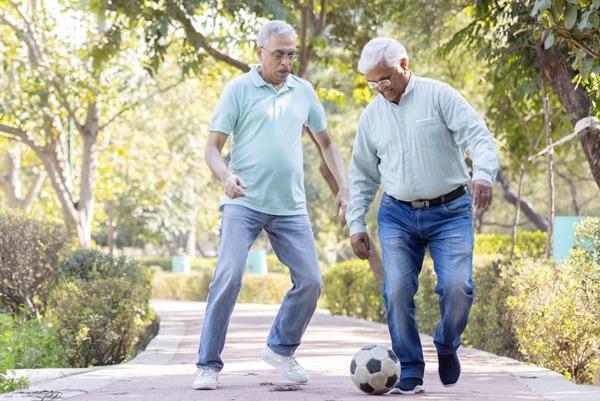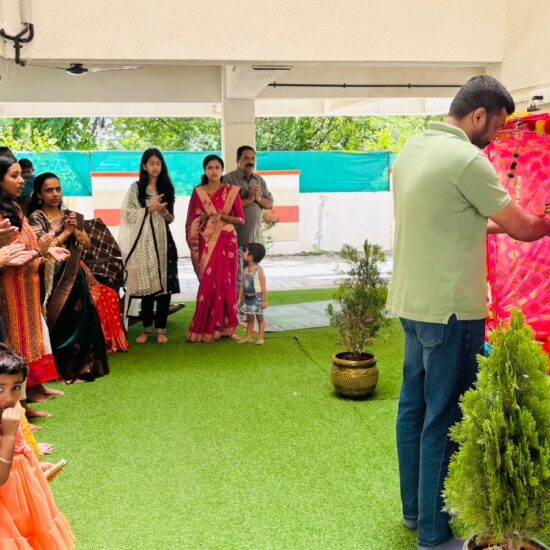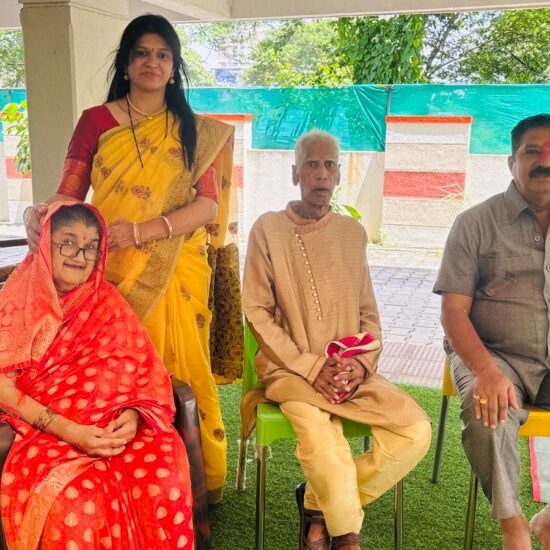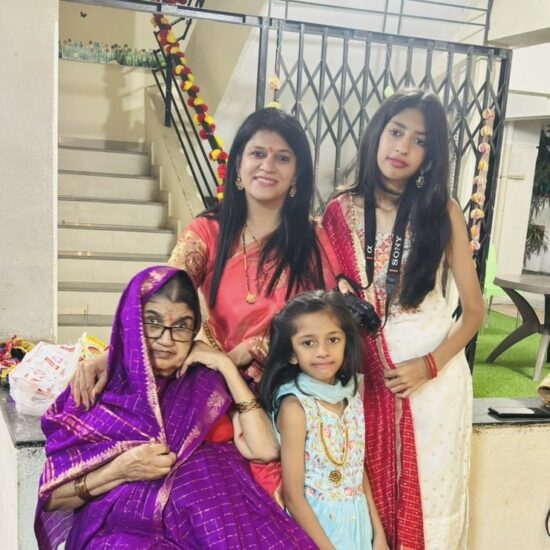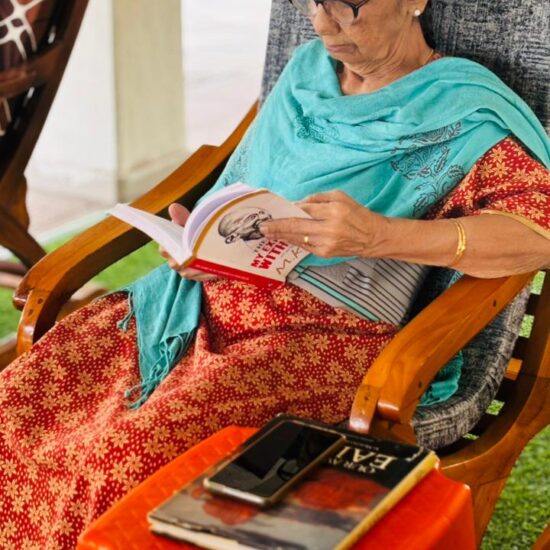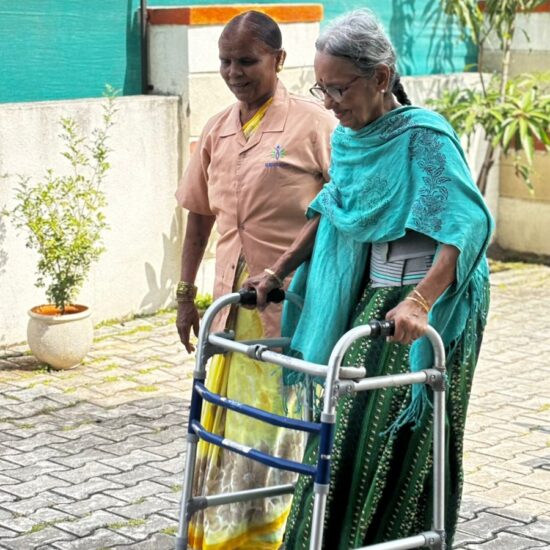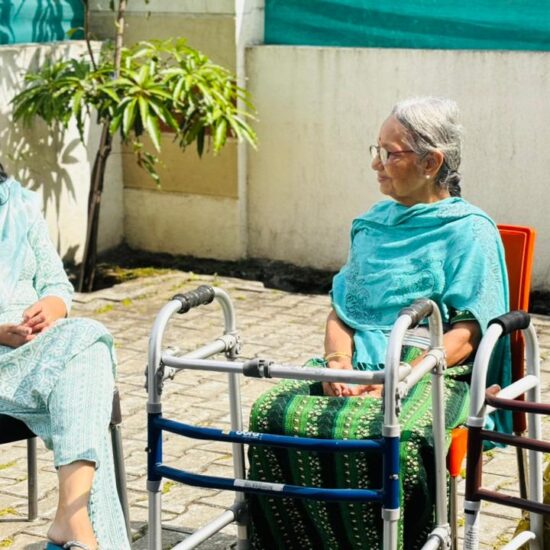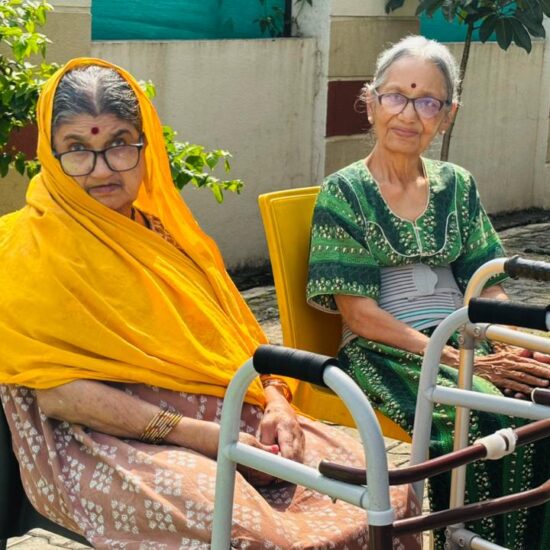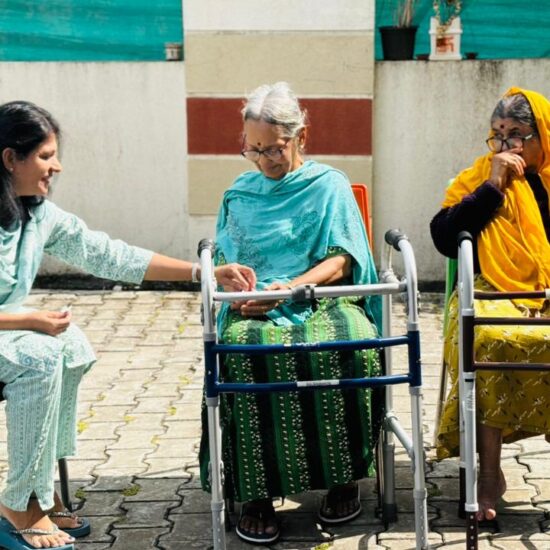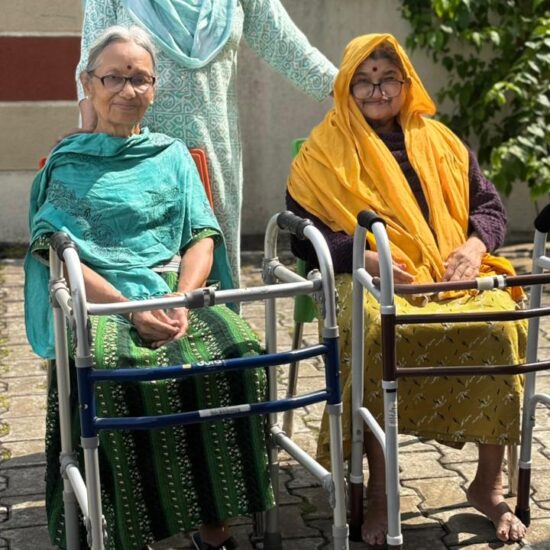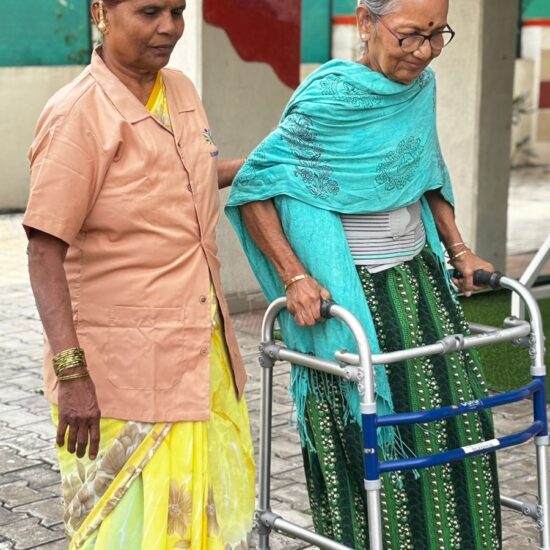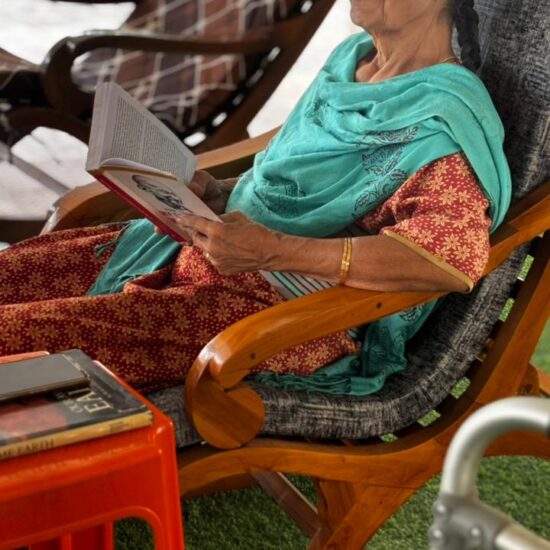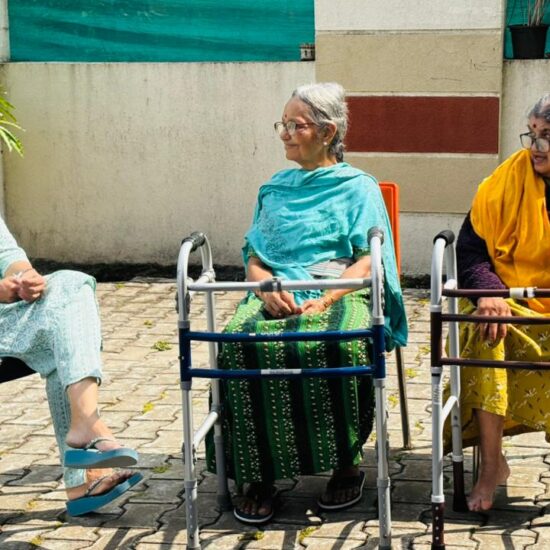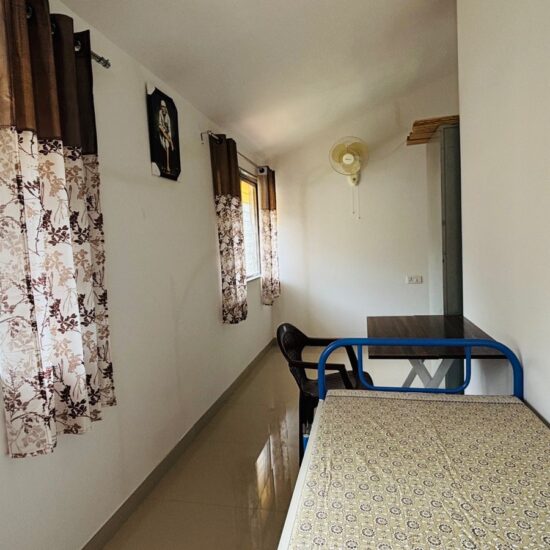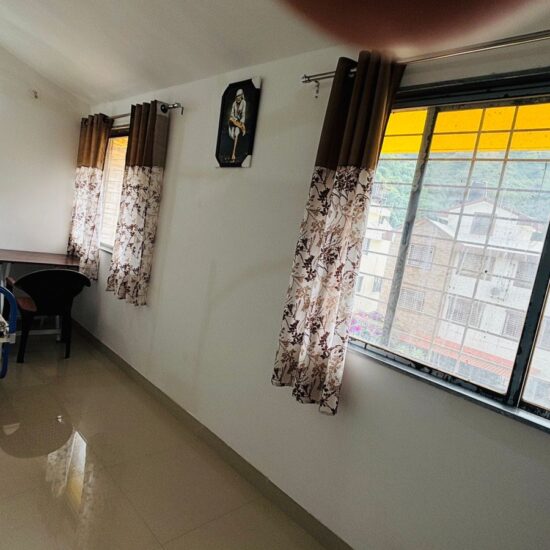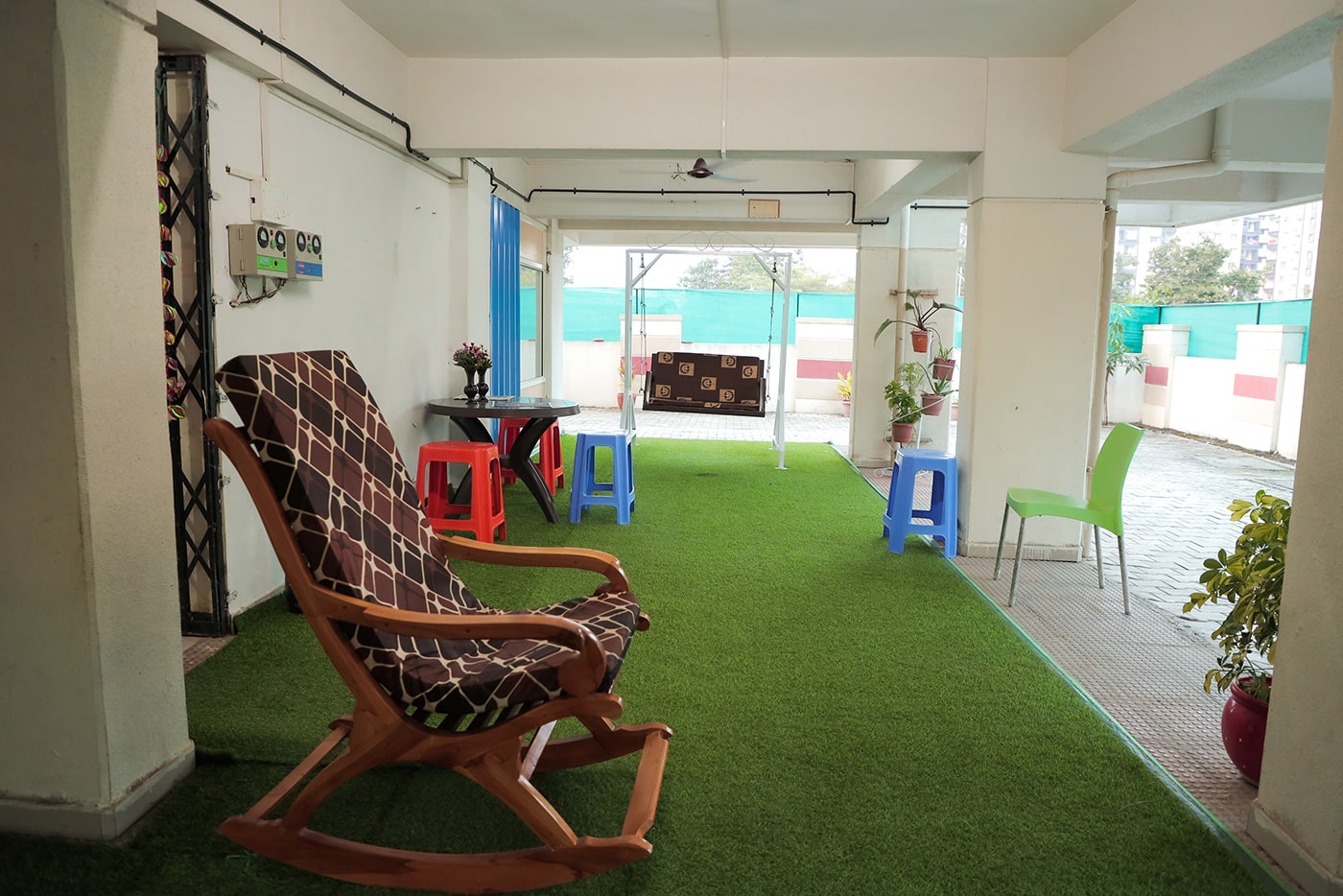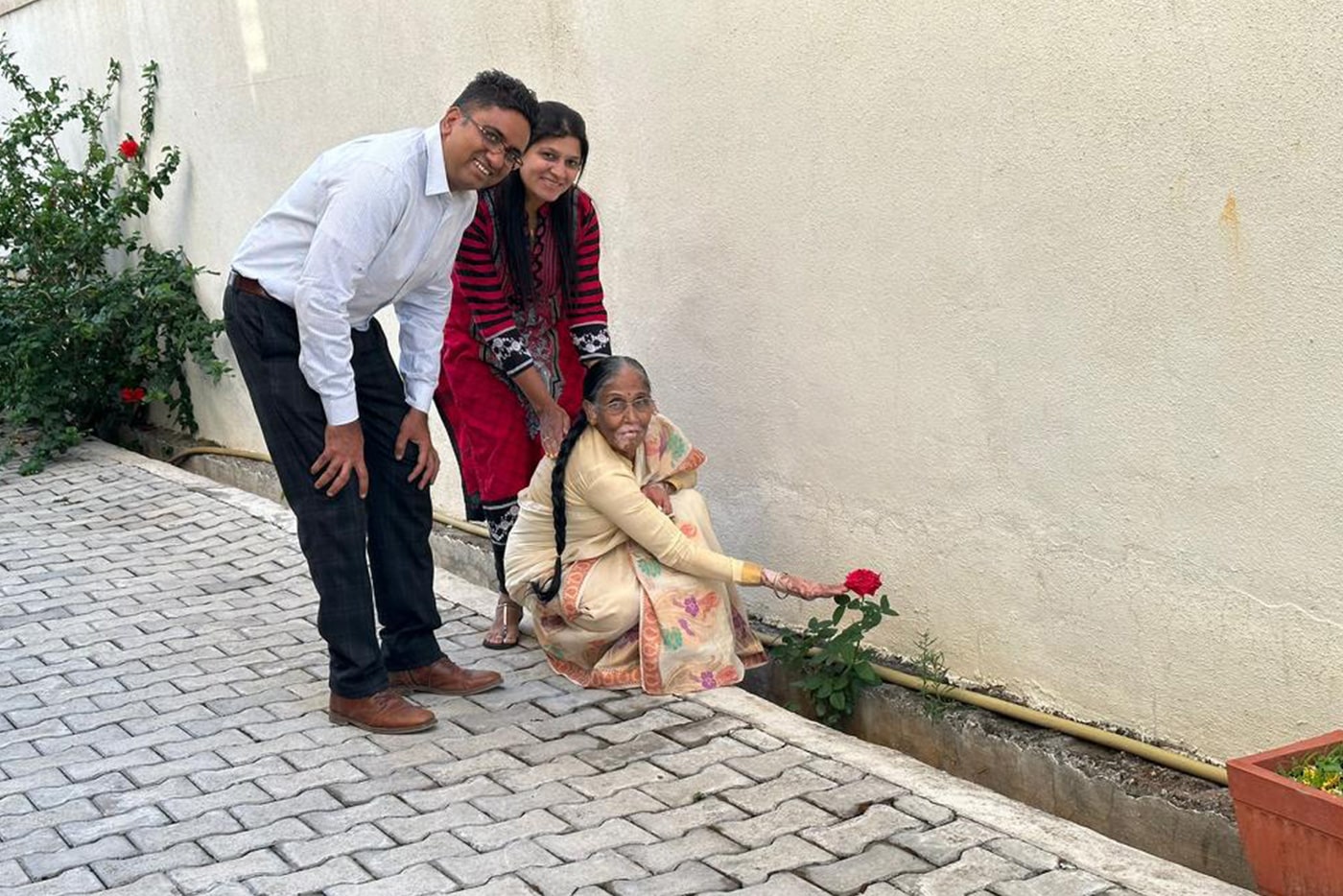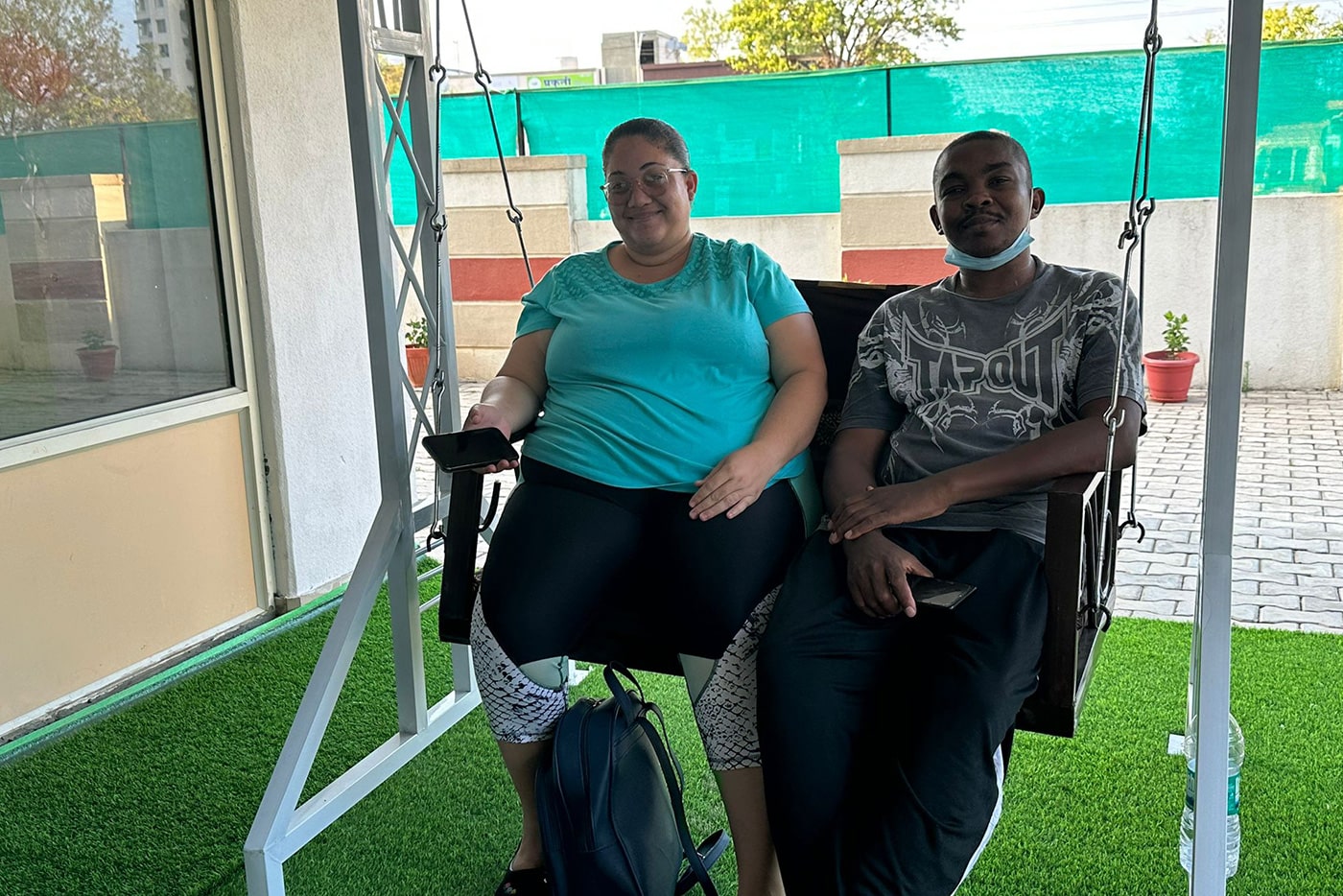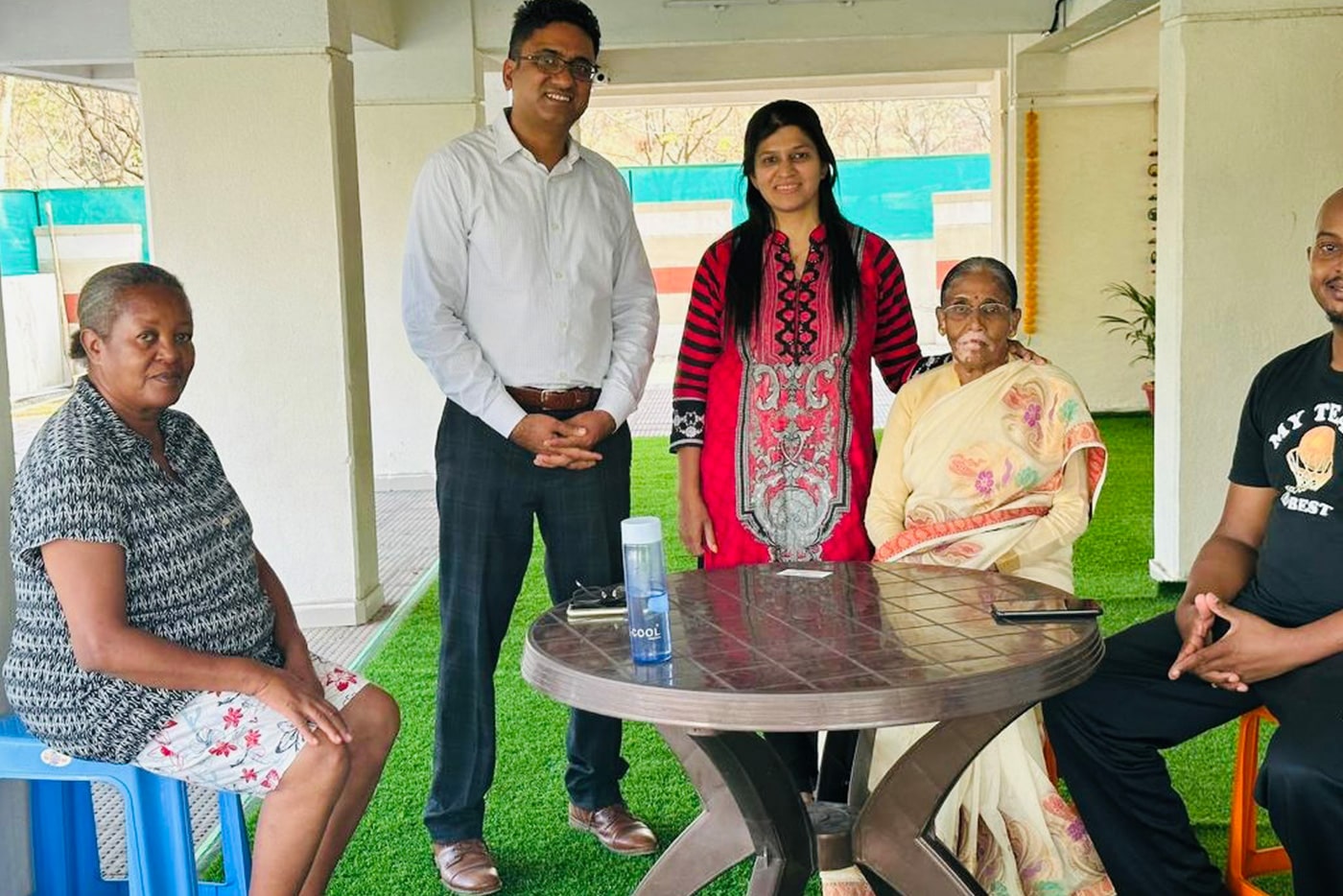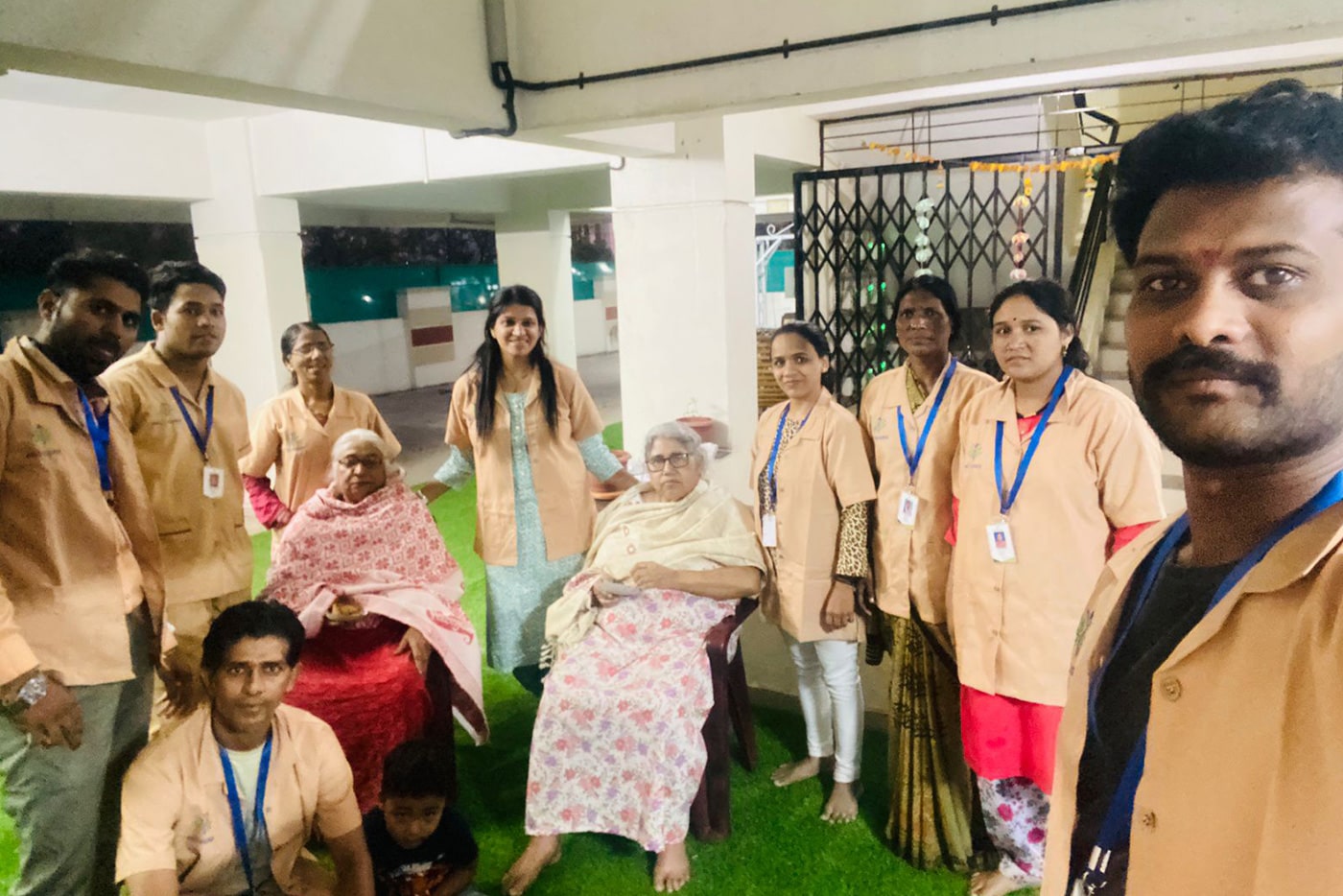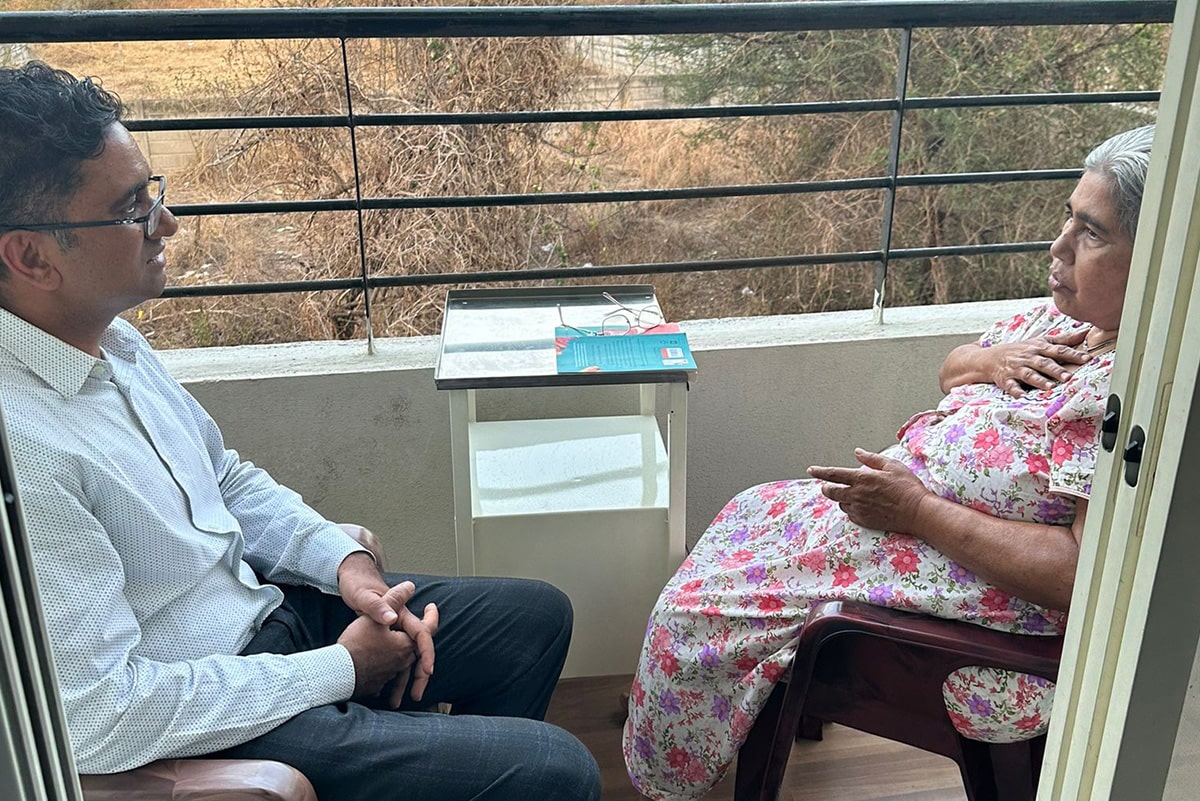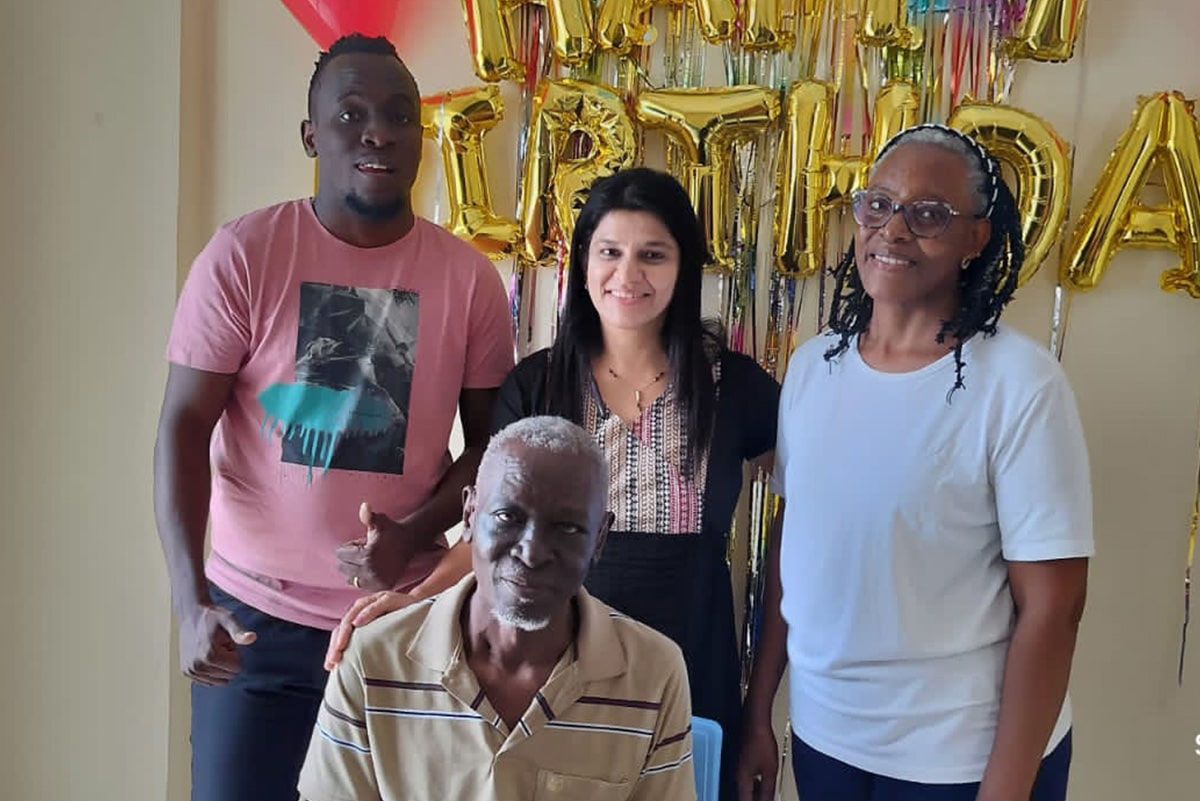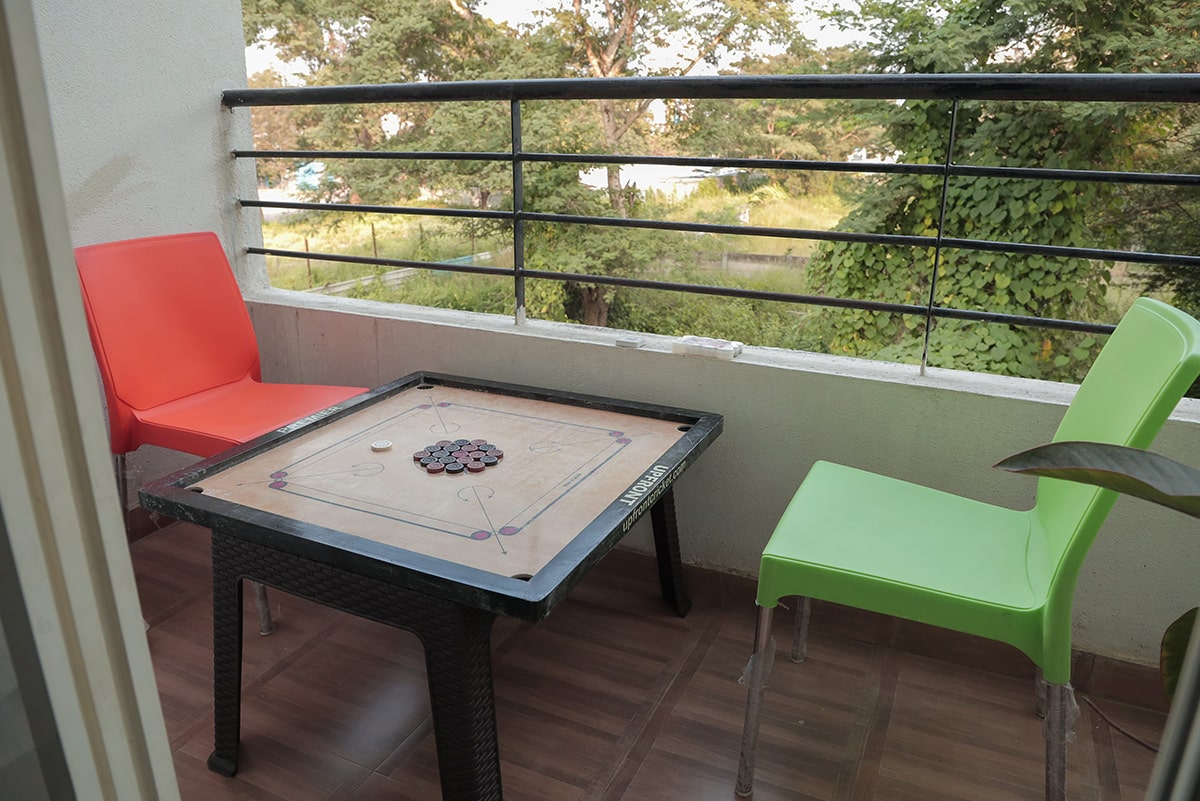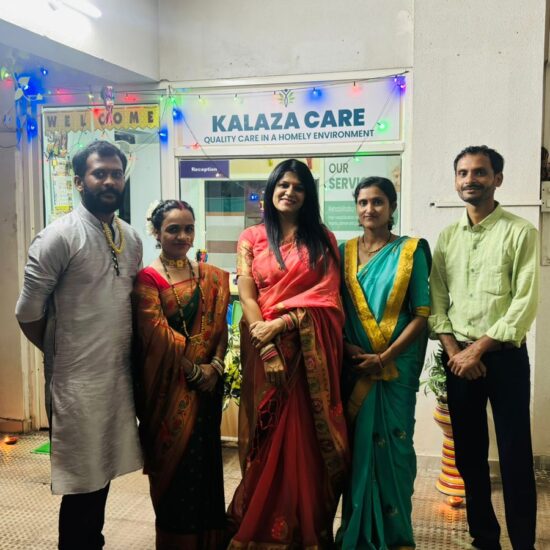Kalaza Care Retirement Homes in Pune [Beyond old age homes]

Own Home
Services
Explore Kalaza Care's Diverse Range of Senior Care Solutions
With our unwavering dedication and expertise, Kalaza Care’s Senior Citizen homes stands as a beacon of compassion and innovation in geriatric healthcare. Each service is meticulously designed to meet the unique needs of our seniors, ensuring the highest quality of care and support.
Get in Touch: Start the Conversation Today
Facilities
Our Sanctuary for Seniors
Discover our haven of tranquillity and well-being, where seniors thrive in a nurturing environment designed to enhance their quality of life and foster a sense of belonging.
Kalaza Care Medical Recovery Homes at Sus Pashan Link Road, Pune
Kalaza-Gharonda
Senior Living Home,
Talegaon, Pune
Kalaza-Happy
Home, Kandivali
West, Mumbai

25
Years Experience

International Patients
Flexible Care Tailored To Your Needs
At Kalaza Care Retirement Homes, we understand that every individual requires different levels of support and assistance. Whether you need short-term assistance or around-the-clock care, we're here to provide the level of support that suits you best.
Flexible Care Hours:
8 hours:
Ideal for those needing part-time support during the day or night.
12 hours:
24 hours:
Comprehensive care for those in need of round-the-clock support and assistance.



Kalaza Care
Facilities
Our Sanctuary for Seniors
Discover our haven of tranquillity and well-being, where seniors thrive in a nurturing environment designed to enhance their quality of life and foster a sense of belonging.


Founder's Message
Kalaza Care embodies a heartfelt mission to revolutionize elderly and post-hospital care in India. Stemming from personal experiences of witnessing the struggles of aging parents from afar, we recognized a critical gap in support systems for families like ours. Our journey began with a vision to alleviate the burdens faced by individuals balancing careers abroad with the responsibility of caring for their loved ones back home.
Kalaza Care isn't just about providing care; it's about honoring the dignity and well-being of our elders, fostering connections, and offering solace to families separated by distance but united by love. We invite you to join us in our mission to redefine elderly care in India, one compassionate gesture at a time.
Our Testimonials
What They Say

Noushal Muchiran

Vilas Thorat

Gaurav Dashottar
Our Testimonials
What They Say
Noushal Muchiran

Vilas Thorat

Gaurav Dashottar

Trupti Patil



We Make A Difference
In Senior Lives
Happy Residence
Rooms Available
Fill the form
Start Your Journey: Inquire Now!
virtual tour













Our Fun Facts Numbers
The Best Eldery Care Center for you
0
Senior couples
0
Nursing Staff


